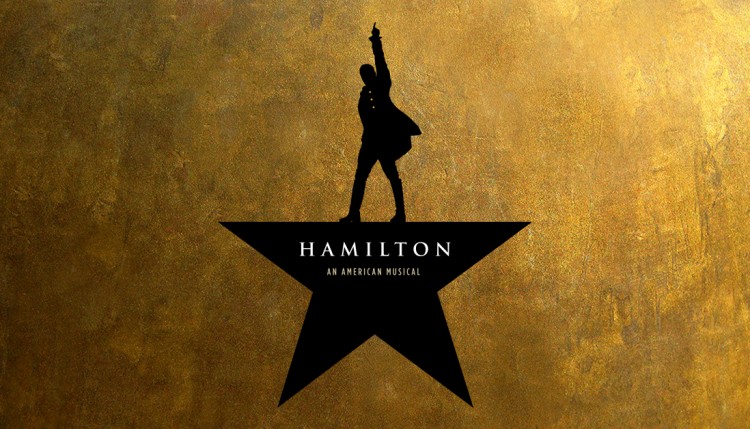
I Am Not Throwing Away My Vote!
One of the biggest names in current pop culture is that of Hamilton: An American Musical. This creative piece humanizes the life of one of our Founding Fathers, Alexander Hamilton; and, like many young adults who love the world of politics, art, or both, I am obsessed with it.
One of the show-stopping songs is “My Shot” which features the line “I am not throwing away my shot” in reference to Hamilton’s attempt to make a legacy for himself in America.
One can draw parallels from this to the current rhetoric used about voting in America, specifically when looking at American Democracy by Andrew Perrin. We, as Americans, have the ability to go outside the norm and vote for a candidate that does not subscribe to either of the two main parties; however, this action has both social and political impacts that either encourage or discourage us from taking such action.
Being a third-party candidate is a lot like being Aaron Burr in the founding of America. (Brief Backstory: there was a backroom meeting between Thomas Jefferson, Alexander Hamilton, and James Madison over the location of the nation’s capital and Burr strongly wanted to be ‘in the room where it happened’… this later led to Burr losing the Presidential position due to Hamilton endorsing Jefferson for various reasons.)
Now, for our purposes, let’s say that Hamilton and Jefferson represent the two main parties (doesn’t matter who is who, just as long as one is republican and one is democrat); they are in the thick of the political fight. Meanwhile, Burr (our ‘third party candidate’) is left out. This is similar to being a third party candidate today. Yes, you are part of the election… but will you really stand a chance? This is one of the political factors that negatively affects those who vote for a third-party candidate – the feeling that they are wasting (or ‘throwing away’) their vote. It creates the feeling of not making a difference – and, for a society that is focused on the idea of leaving a mark, this is a terrifying thought.
Yet, voting is something that makes us feel like we are an individual in that “our votes are understood as expressions of who we are, our deepest ideals and values” (56). “Who we are as citizens – our class, race, sex – does say a lot about whether we are likely to vote and for whom” which makes voting a very socially charged action (57). Therefore, voting for a third party candidate is socially encouraged due to the feeling of pride and belonging that the action brings about; it doesn’t matter if you vote for a main-party or a third-party candidate. After all, how often did Hamilton hear “Your fellow Federalists would like to know how you’ll be voting?” (Answer: very often.)